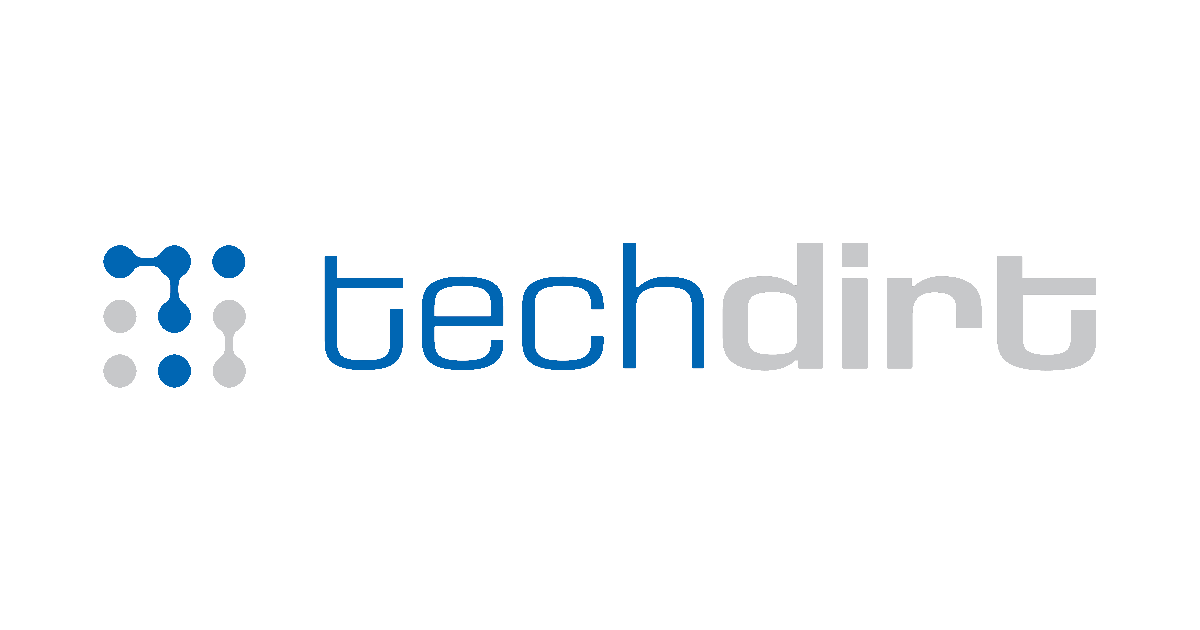

OMG. Every other post is saying their disgusted about the images part but it’s a grey area, but he’s definitely in trouble for contacting a minor.
Cartoon CSAM is illegal in the United States. AI images of CSAM fall into that category. It was illegal for him to make the images in the first place BEFORE he started sending them to a minor.
https://www.thefederalcriminalattorneys.com/possession-of-lolicon










stuck on decrappified windows for the immediate future.